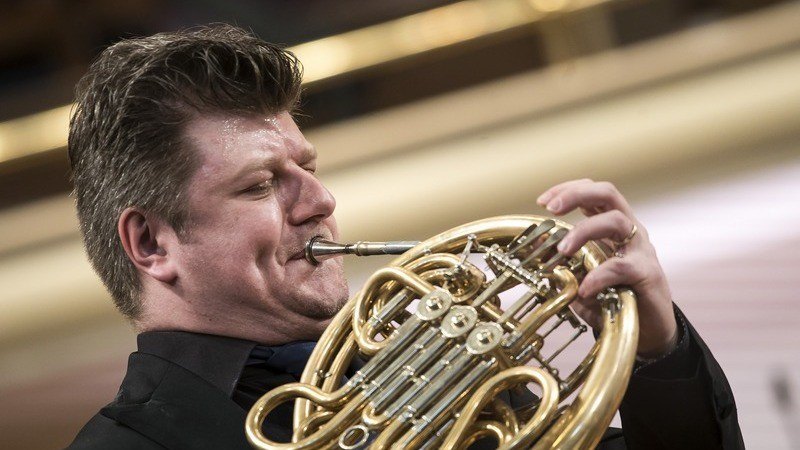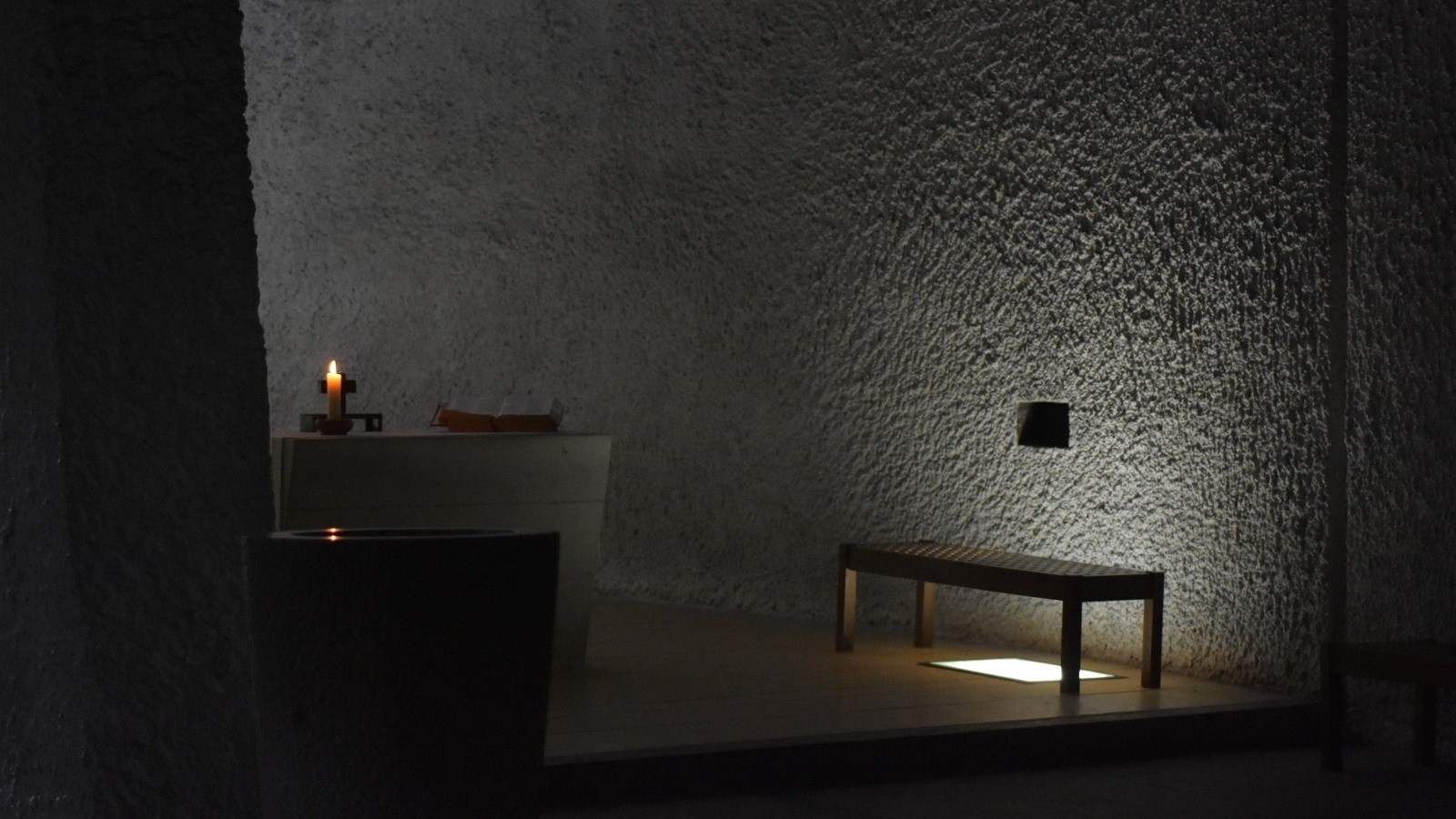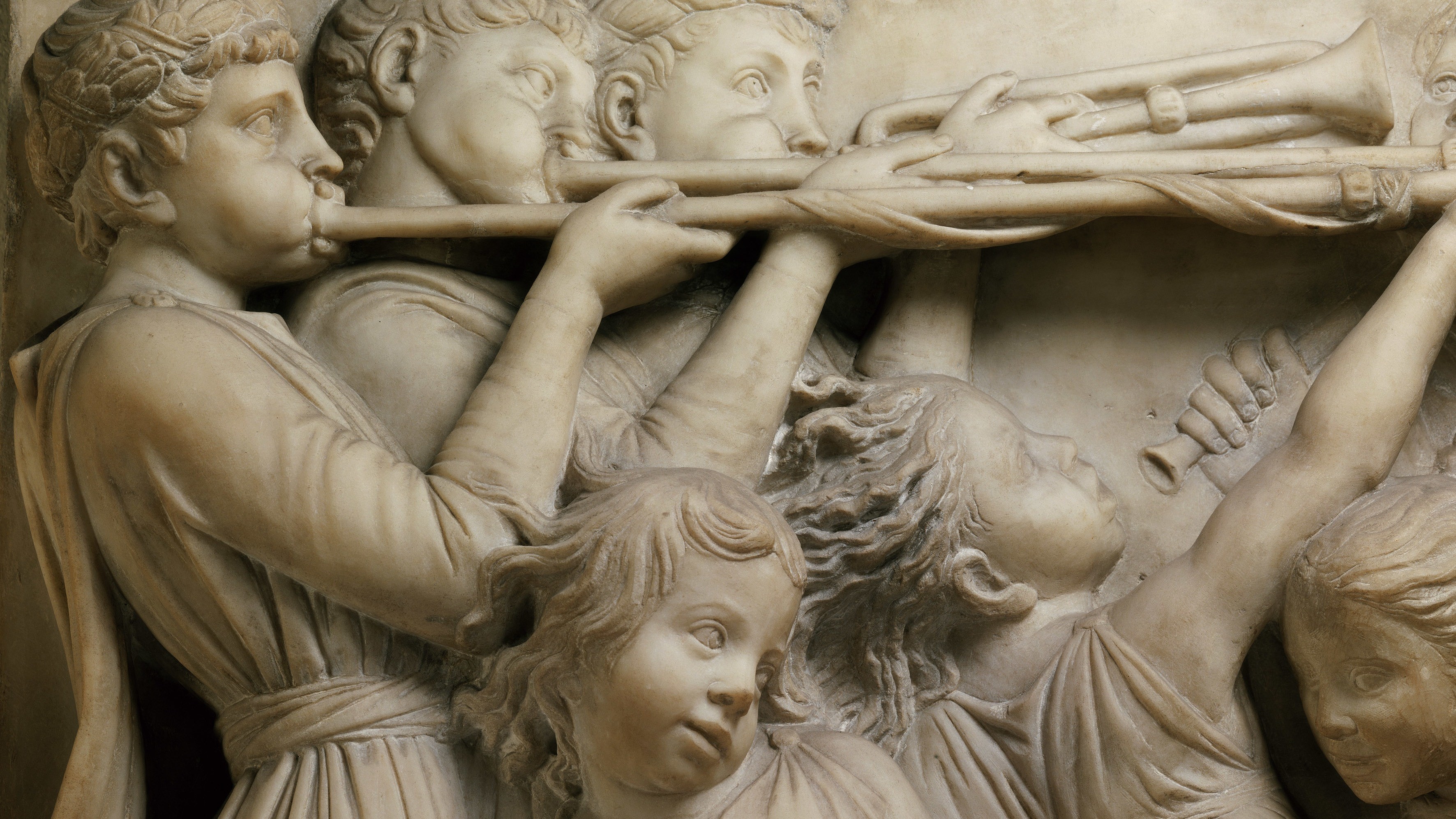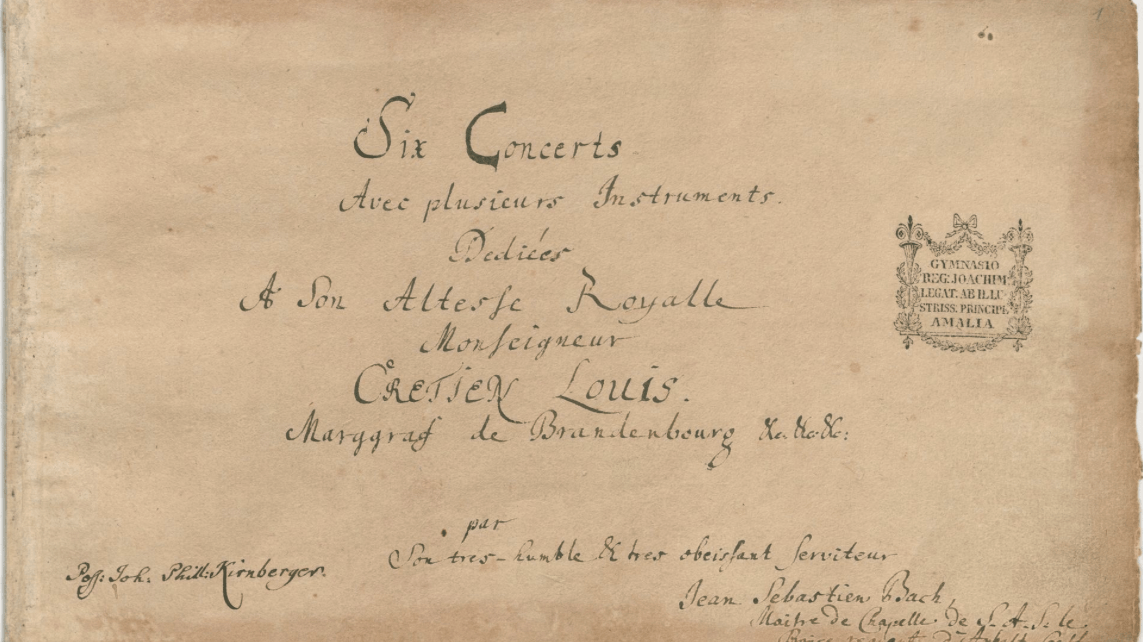Howard Hanson’s “Nordic” First Symphony: A Majestic, Neo-Romantic Soundscape
At one time, twentieth century American composer Howard Hanson (1896-1981) was dismissed as a hopelessly conservative musical renegade. In the 1950s and 60s, at a time when atonality was dominant among the academic establishment, Hanson’s music embraced a warmly melodic, Neo-Romantic sound world. Born in the small prairie town of Wahoo, Nebraska to Swedish immigrant parents, Hanson wrote music which grew out of the austere harmonic language and dark, brooding orchestration of Scandinavian …







